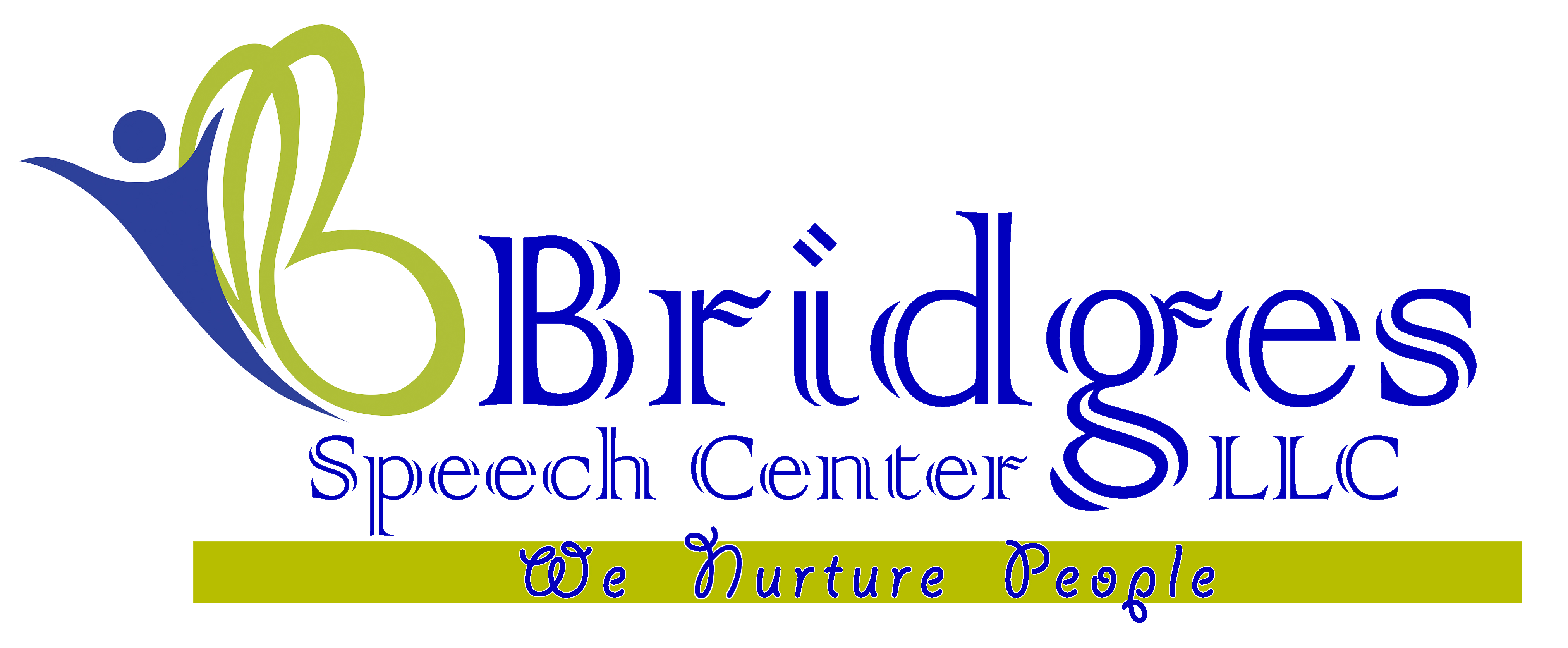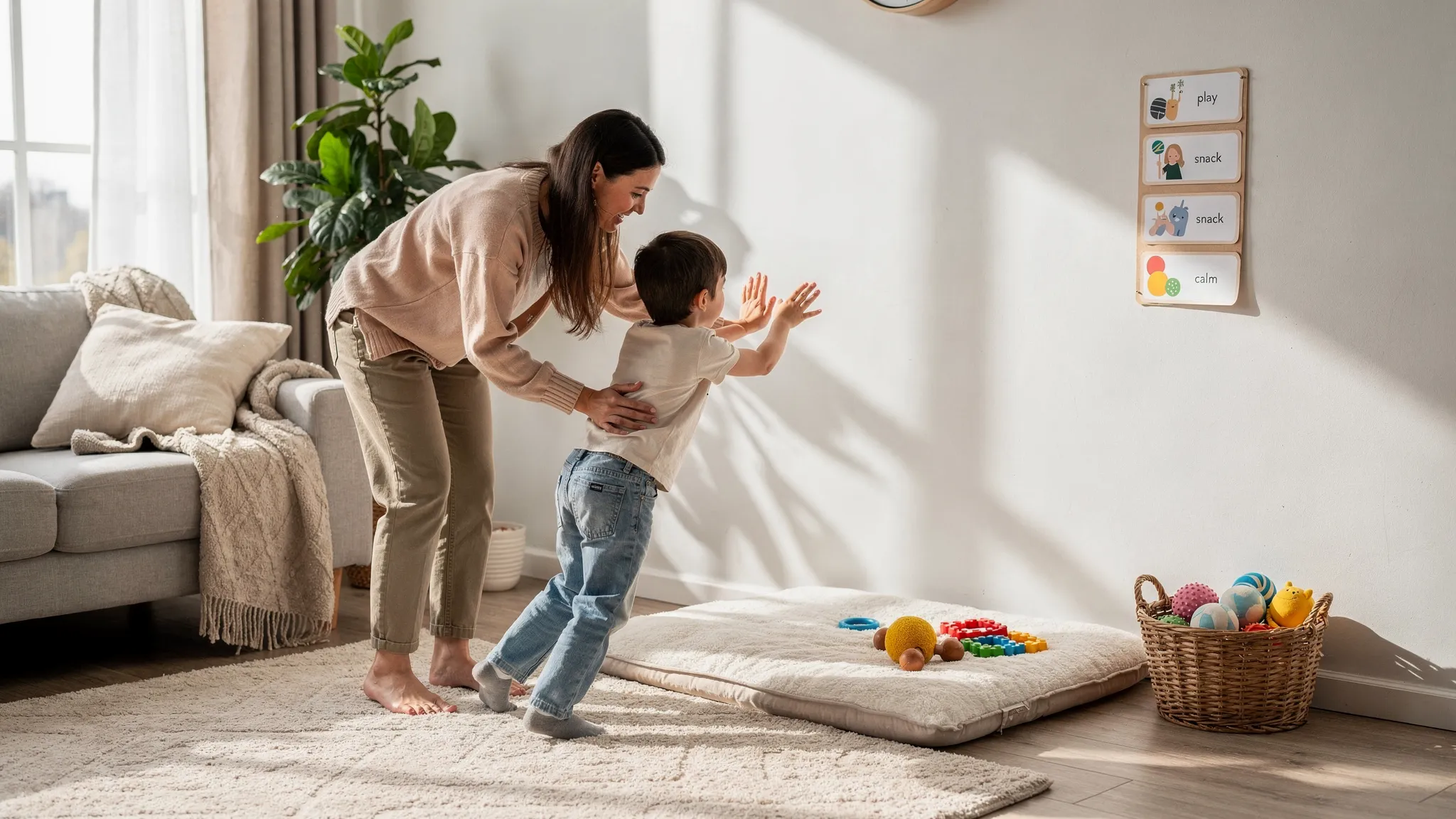- About Us
- Our Services
- Speech Therapy
- Speech and Language Therapies for Adults in Dubai
- Speech and Language Therapies for Children in Dubai
- Accent therapy
- Augmentative Alternative Communication (AAC) Therapy
- Articulation Speech Therapy
- Auditory Processing therapy/ Auditory verbal therapy
- Language Intervention: Speech Delay therapy
- Oral Motor Therapy
- Play Based therapy
- PROMPT/DTTC/RePT for Childhood Apraxia of Speech
- Social communication/Pragmatic language therapy
- Stuttering / Stammering therapy Program
- Spellography Program for Dyslexia
- Voice Therapy
- Home Care Services
- Feeding Therapy
- Physiotherapy
- Pediatric and Geriatric Physiotherapy
- Fall Prevention Programs for the Elderly
- Developmental Delay Treatment for Children
- Cerebral Palsy Management for Children
- Pediatric Orthopedic Conditions
- Osteoporosis Management for the Elderly
- Sports Injuries in Children
- Mobility and Balance Training for Elderly
- Joint Pain Treatment (Knee, Shoulder, Hip)
- Age-Specific Exercise Programs
- Coordination and Balance Exercises
- Orthopedic Physiotherapy
- Neurological Physiotherapy
- Sports Physiotherapy
- Cardiopulmonary Physiotherapy
- Women’s Health Physiotherapy
- Manual Therapy
- Therapeutic Exercise
- Pain Management
- Electrotherapy
- Ergonomic Consultation
- Tele-Physiotherapy Services
- Pediatric and Geriatric Physiotherapy
- Occupational Therapy
- Sensory Integration
- Clinical Psychology & Psychotherapy
- Cognitive Behavioral Therapy(CBT)
- ABA /Behavior Therapy
- Bridge Learning Program
- Group therapy
- Summer/Winter Program
- Telehealth Services
- Training Program/CEU
- Internship/ Observership
- Speech Therapy
- Super Team
- Collaboration
- Training Course
- News/Blogs
- About Us
- Our Services
- Speech Therapy
- Speech and Language Therapies for Adults in Dubai
- Speech and Language Therapies for Children in Dubai
- Accent therapy
- Augmentative Alternative Communication (AAC) Therapy
- Articulation Speech Therapy
- Auditory Processing therapy/ Auditory verbal therapy
- Language Intervention: Speech Delay therapy
- Oral Motor Therapy
- Play Based therapy
- PROMPT/DTTC/RePT for Childhood Apraxia of Speech
- Social communication/Pragmatic language therapy
- Stuttering / Stammering therapy Program
- Spellography Program for Dyslexia
- Voice Therapy
- Home Care Services
- Feeding Therapy
- Physiotherapy
- Pediatric and Geriatric Physiotherapy
- Fall Prevention Programs for the Elderly
- Developmental Delay Treatment for Children
- Cerebral Palsy Management for Children
- Pediatric Orthopedic Conditions
- Osteoporosis Management for the Elderly
- Sports Injuries in Children
- Mobility and Balance Training for Elderly
- Joint Pain Treatment (Knee, Shoulder, Hip)
- Age-Specific Exercise Programs
- Coordination and Balance Exercises
- Orthopedic Physiotherapy
- Neurological Physiotherapy
- Sports Physiotherapy
- Cardiopulmonary Physiotherapy
- Women’s Health Physiotherapy
- Manual Therapy
- Therapeutic Exercise
- Pain Management
- Electrotherapy
- Ergonomic Consultation
- Tele-Physiotherapy Services
- Pediatric and Geriatric Physiotherapy
- Occupational Therapy
- Sensory Integration
- Clinical Psychology & Psychotherapy
- Cognitive Behavioral Therapy(CBT)
- ABA /Behavior Therapy
- Bridge Learning Program
- Group therapy
- Summer/Winter Program
- Telehealth Services
- Training Program/CEU
- Internship/ Observership
- Speech Therapy
- Super Team
- Collaboration
- Training Course
- News/Blogs
Table of Contents
ToggleSocial Communication / Pragmatic Language Therapy Treatment in Dubai
- Home
- Our Services
- Social communication/Pragmatic language therapy
Social communication and pragmatic language therapy in Dubai
Social communication and pragmatic language therapy for children offer a range of valuable benefits, focusing on enhancing their ability to interact effectively in social situations and navigate the complexities of social interactions. Here’s an overview of the benefits:
Social communication and pragmatic language therapy empower children with the tools they need to navigate social interactions confidently, fostering meaningful relationships and setting the stage for lifelong social success.
1. Improved Social Skills:
- Social skills are foundational for navigating various social situations. In therapy, children learn not only how to engage in basic social interactions but also more complex skills like understanding social cues, maintaining appropriate personal space, and respecting others’ boundaries.
2. Enhanced Peer Relationships:
- Meaningful friendships are crucial for children’s emotional well-being and social development. Through therapy, children learn how to initiate conversations, share interests, and empathize with their peers, fostering deeper and more lasting relationships.
3. Effective Expression:
- Effective expression involves more than just verbal communication; it encompasses body language, facial expressions, and tone of voice. Therapy helps children become proficient in expressing themselves across these different channels, ensuring their messages are accurately conveyed and understood.
4. Understanding Social Context:
- Social situations can vary greatly depending on the setting, cultural norms, and the people involved. Therapy equips children with the skills to navigate these nuances, such as knowing when it’s appropriate to use formal language versus informal language or understanding the dynamics of group conversations.
5. Conflict Resolution:
- Conflict is a natural part of social interactions, but knowing how to manage it constructively is essential for maintaining healthy relationships. In therapy, children learn strategies for resolving conflicts peacefully, such as active listening, compromising, and seeking mutual understanding.
6. Building Empathy:
- Empathy allows children to understand and share the feelings of others, fostering deeper connections and more meaningful relationships. Through activities and discussions in therapy, children develop empathy by putting themselves in others’ shoes and considering different perspectives.
7. Successful Group Participation:
- Group activities provide valuable opportunities for collaboration, teamwork, and leadership development. In therapy, children learn how to contribute positively to group discussions, respect others’ opinions, and work towards common goals, skills that are invaluable in both academic and social settings.
8. Reduced Social Anxiety:
- Social anxiety can significantly impact children’s ability to engage with others and participate in social activities. Therapy provides a supportive environment where children can practice social skills in a low-pressure setting, gradually building their confidence and reducing anxiety over time.
9. Academic Success:
- Strong social skills are closely linked to academic success, as they enable children to communicate effectively with teachers, collaborate with peers on projects, and participate actively in classroom discussions, all of which are essential for learning and academic achievement.
10. Daily Functioning:
- Social communication skills are not only important for socializing but also for everyday tasks such as asking for help, following instructions, and resolving conflicts. Through therapy, children develop the skills they need to navigate various social situations confidently and independently.
11. Enhanced Self-Esteem:
- Success in social interactions boosts children’s self-esteem and self-confidence, providing them with a sense of competence and mastery. As they become more proficient in social communication, they feel more confident in their ability to connect with others and navigate social challenges.
12. Parent and Caregiver Support:
- Parents and caregivers play a critical role in reinforcing the skills learned in therapy and supporting their child’s social development outside of therapy sessions. Therapists provide parents with strategies and resources to encourage social skills practice at home and facilitate ongoing progress.
13. Long-Term Success:
- The social skills and communication strategies children learn in therapy lay the foundation for long-term success in relationships, academics, and career pursuits. By investing in social communication therapy early on, children are better equipped to navigate the complexities of the social world throughout their lives.
14. Successful Adulthood:
- Proficiency in social communication sets the stage for success in adulthood, enabling individuals to build and maintain meaningful relationships, communicate effectively in professional settings, and advocate for themselves confidently. The skills acquired in therapy become valuable assets that serve children well into adulthood.
In summary, social communication and pragmatic language therapy provide children with the tools they need to thrive socially, academically, and personally, setting them on a path towards fulfilling relationships, successful academic endeavors, and overall well-being. Through targeted interventions and ongoing support, children can develop the skills and confidence they need to navigate the complexities of the social world with ease and grace.
Make Appointment
Testimonials
What Parents Say
Send us an email if you wish to talk to any of them. For more reviews, please go to Google reviews.

My experience with bridges speech centre has been great. My child is attending OT in the center and we are happy and proud with the progress Mrs. Richa has made. The therapists are very supportive and knowledgable in selecting techniques to suit with our child's requirements . Their monthly review and evaluation is remarkable. I highly recommend bridges speech centre to anyone looking for an affordable and professional therapy for their child....

We were asked to consult a speech therapist for my son. As parents we were quite skeptical about this whole process. However, once my son started attending Dr Rupali’s sessions we noticed a drastic improvement in his speech. He used to speak only a few words but within the 1st four sessions he started speaking up-to 5 words sentences. I also learnt to manage my child’s emotions better with Dr Rupali’s guidance. She is very cooperative and patiently answer all questions.

We took our 21 month old daughter to Bridges speech center following her cleft palate surgery as she needed Speech therapy. Ms.Rupali was recommended to us by both our Pediatrician and ENT specialist. The staff at Bridges are qualified, warm and friendly. My daughter loved to attend the speech therapy sessions. Through various techniques and simulations provided during these sessions, I can see considerable improvement in my daughter's speech. Lastly I would say, no child is same, as parents we need to be patient and trust the process.

Rupali was excellent. In just couple of sessions she helped my child overcome difficulty in pronouncing ch and sh sound. Thanks very much.Highly recommend for children who will need assistance in speech therapy.
Blog & Article
Our Latest Blog & Articles
What Is the Difference Between Occupational Therapy and Physical Therapy?
If you are searching what is the difference between occupational therapy and physical...
Sensory Integration Therapy at Home for Children with Sensory Challenges
When a child gets overwhelmed by everyday sounds, refuses certain clothes because they...



